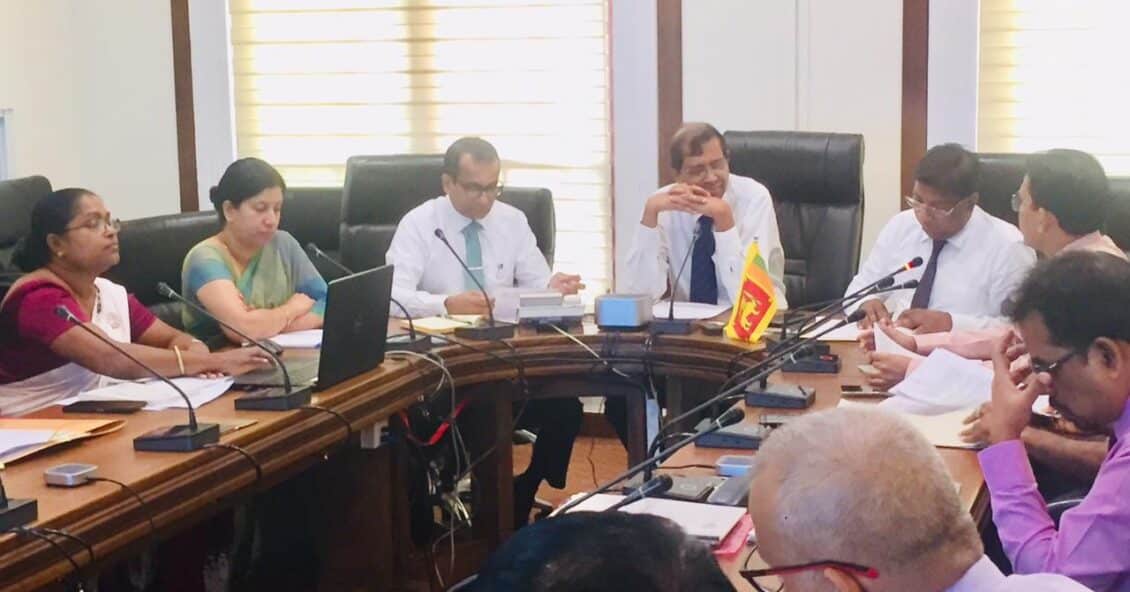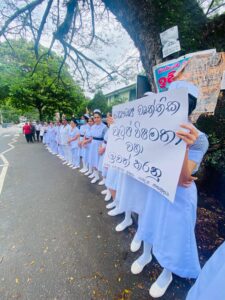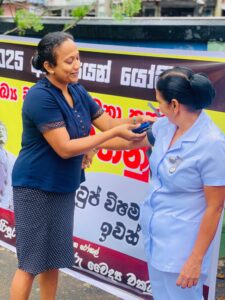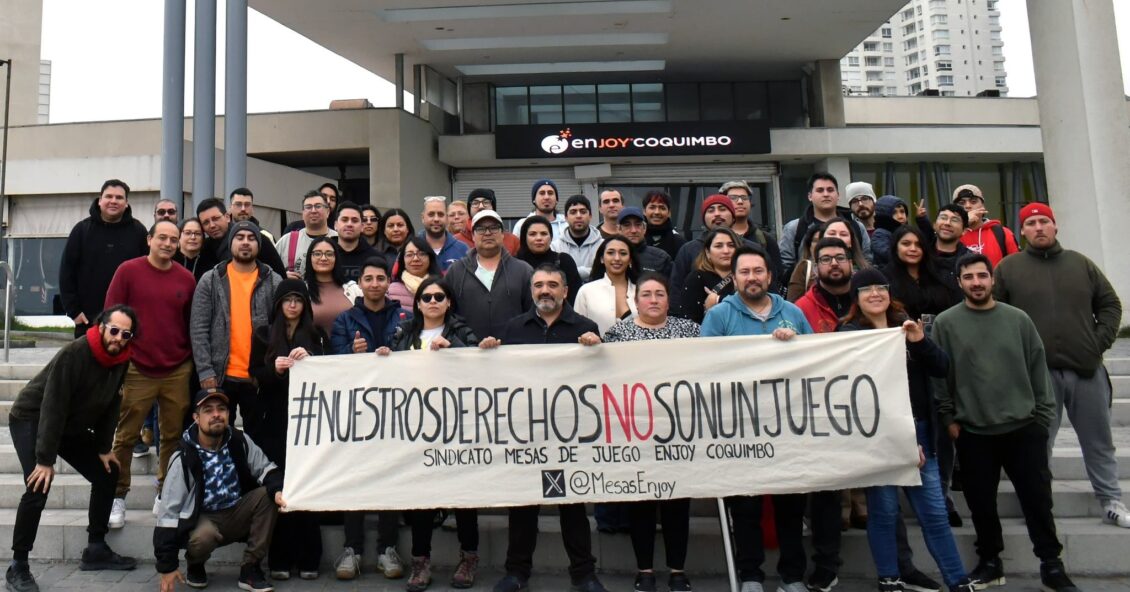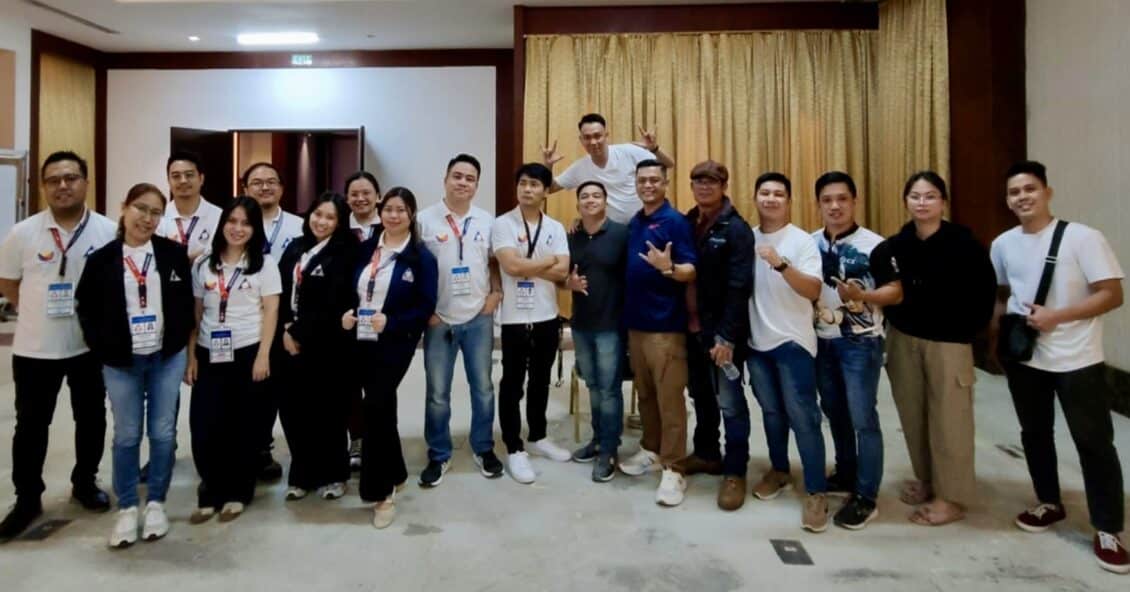Trade Union Victory in Sri Lanka: Health Workers Regain Lost Benefits
27.03.25
The Government Midwifery Service Association (GMSA) in Sri Lanka, alongside other health sector unions, has secured a significant victory in their fight against budget cuts that affected the overtime and holiday pay of health professionals. Their persistent efforts have led to the full reinstatement of overtime payments and holiday benefits reinforcing the power of collective action in the labor movement. These includes, the 2025 salary revision for public sector employees includes step-to-step salary increments, with full payment by January 2027. Monthly interim and special allowances (USD 8.2 and USD 16.8) are now included in salaries. Institutional and police allowances have been revised, and overtime/holiday pay adjusted. Pensions for retirees before April 2025 will be recalculated from July, while new retirees will receive full pensions based on revised scales. Cost of living and house rent allowances continue, while re-employed officers and daily wage workers will follow updated salary structures. These changes aim to streamline salary payments and improve financial security for employees.
In the current economic crisis in Sri Lanka has led to austerity measures, with many sectors facing severe financial constraints. The healthcare sector faced severe financial constraints, impacting both service delivery and workers’ livelihoods. The government’s decision to cut overtime and holiday pay was a direct consequence of these austerity measures, affecting thousands of healthcare workers. As an organization representing midwives—who form a critical part of maternal and child healthcare services—GMSA has been at the forefront of ensuring fair compensation and recognition for their profession. The union has consistently engaged in policy advocacy, negotiations, and industrial actions to secure better working conditions for its members.
The government’s budgetary decision to cut overtime and holiday pay placed additional financial burdens on health professionals, many of whom rely on these earnings to support their families. Doctors, nurses, paramedics, and midwives found themselves working under increasingly difficult conditions, with longer hours and reduced pay. The cuts threatened not only their financial security but also the overall quality of healthcare services, as demotivated staff could lead to lower efficiency and patient care standards. Health professionals across Sri Lanka united in demanding the restoration of their benefits, demonstrating their resolve through strikes, public demonstrations, and media campaigns.
Sister Devika, Chairperson of GMSA, expressed gratitude for the solidarity shown by health workers: “We stood firm, we fought together, and we won together. This victory is for every health worker who refused to back down in the face of injustice.” The widespread protests and pressure exerted by trade unions ultimately forced the government to reverse its decision. The reinstatement of overtime and holiday pay marks a major victory for health workers, proving that organized labor remains a vital force in defending workers’ rights.
Rajendra Acharya, UNI-APRO Regional Secretary, emphasized the significance of this achievement: “This is a big win for all health professionals in Sri Lanka. It once again proves that unity and strong trade union action can protect workers’ rights and dignity.”
Alan Sable, Head of UNICare, also praised the success of the unions, stating: “Health workers are the backbone of our societies. They deserve fair treatment and respect. This victory sets an important precedent for protecting workers’ rights globally. The success of GMSA and other health sector unions highlights the crucial role of trade unions in Sri Lanka’s broader labor movement. In the past decade, unions have played a vital role in advocating for fair wages, job security, and improved working conditions, particularly in the wake of economic challenges
Despite this victory, challenges still linger for health professionals in Sri Lanka, issues of under-staffing, inadequate resources, and inconsistent policy implementation with lack of job security and pay rights. GMSA and other trade unions remain vigilant in protecting workers’ rights and ensuring that future policies do not undermine their hard-earned benefits. Additionally, the government must recognize that fair compensation and better working conditions are essential for maintaining a functional healthcare system. Continued dialogue between trade unions and policymakers is necessary to ensure long-term stability in the sector. The triumph of Sri Lanka’s health workers is a testament to the power of solidarity and organized resistance.
